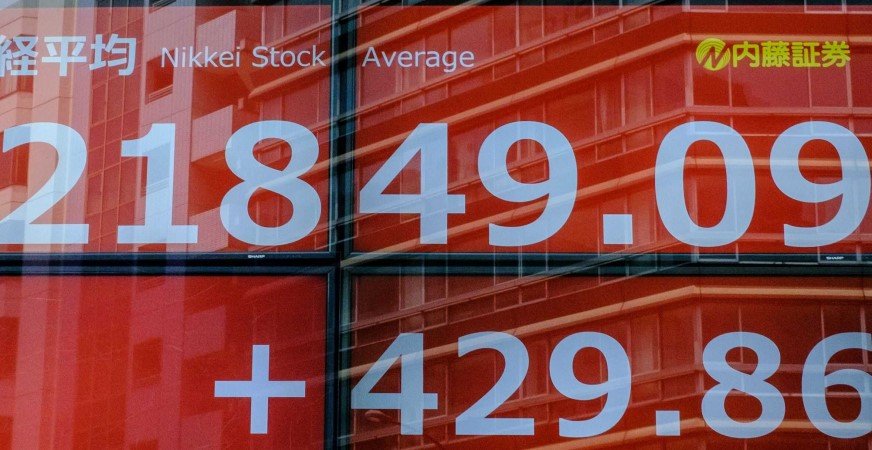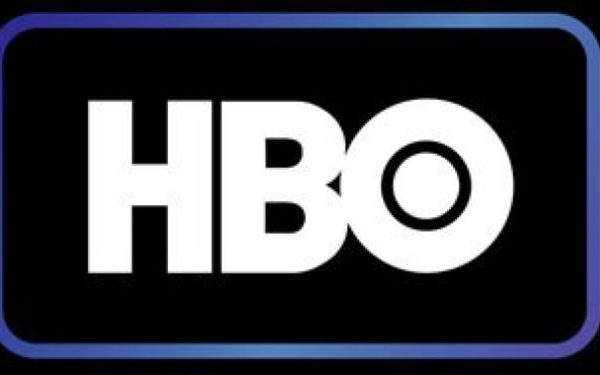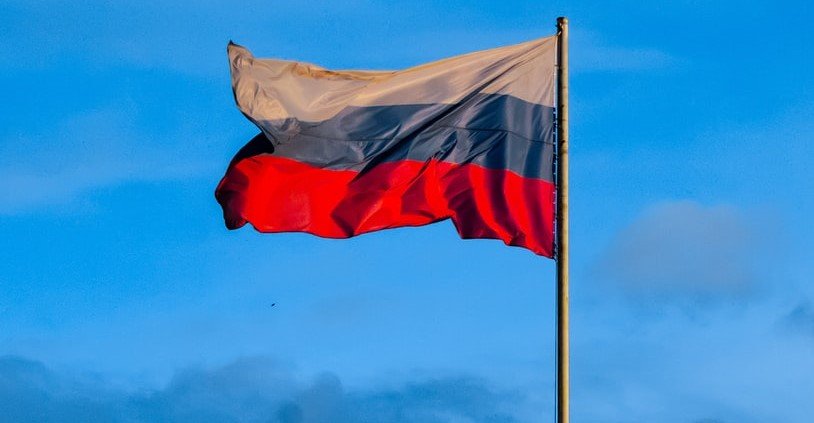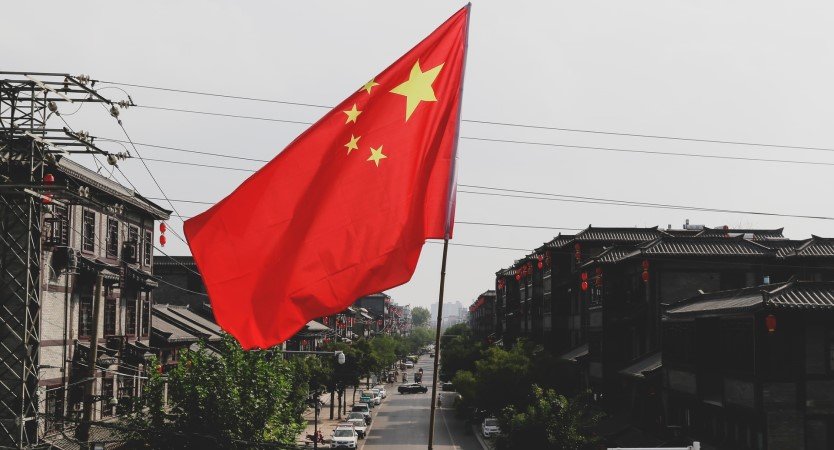Evergrande Rises, Tencent Falls on the Hong Kong Stock Exchange

Evergrande rose sharply higher on the Hong Kong stock exchange on Thursday. Investors reacted with relief to reports that the ailing Chinese real estate developer managed to avoid default again in the nick of time.
The Chinese internet group Tencent, on the other hand, had to pay for it after disappointing quarterly figures. The main stock markets in Asia showed a mixed picture, following the stronger-than-expected rise in inflation in the United States.
Evergrande added 7.6 percent. According to the Chinese news site Cailianshe, some of its bondholders have received their interest payments on time. Earlier reports circulated that Evergrande had defaulted on its interest payments and German creditor DMSA even said it wanted the real estate group to be declared bankrupt. Other real estate companies such as China Vanke and Country Garden gained almost 9 percent.
Tencent fell 2.8 percent. The Chinese internet and games company grew less rapidly last quarter due to the Chinese government’s stricter approach to the tech sector. Tencent had to deal with stricter rules for playing online games for Chinese youth and stricter rules for its popular chat app WeChat.
The Hang Seng index in Hong Kong was 0.1 percent in the meantime. Web store Alibaba lost more than 1 percent in anticipation of the sales figures of Singles Day in China. At the annual bargain fest, which was set up by Alibaba more than ten years ago, singles can give themselves or others gifts at huge discounts. The main index in Shanghai climbed 0.9 percent.
The leading Nikkei in Tokyo ended 0.6 percent in the plus at 29,277.86 points. Toppan Printing printer and industrial materials manufacturer Showa Denko were among the strongest gainers with gains of 8.5 and 7 percent thanks to better-than-expected results and prospects. On the other hand, beer brewer Asahi Group Holdings and cosmetics company Shiseido fell 3.5 and almost 4 percent after cuts in annual expectations.






